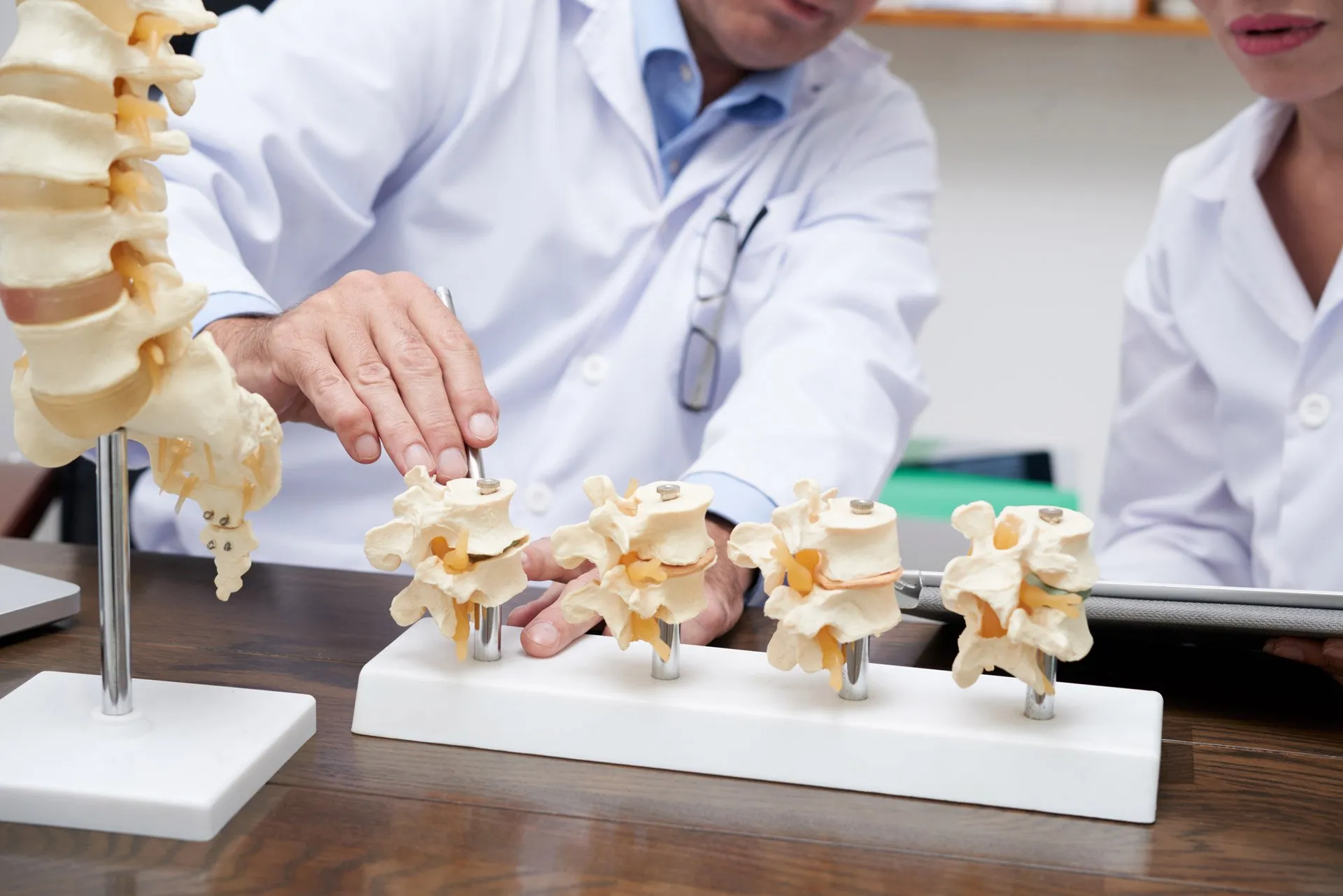The American Society of Pain and Neuroscience (ASPN) issued a new set of recommendations to guide clinicians in the safe and appropriate use of steroid injections for pain management in patients who are receiving the COVID-19 vaccine (J Pain Res 2021;14:623-629).
“The central question that we wanted to deduce and answer is whether a local steroid injection might potentially reduce the efficacy of the COVID-19 vaccine, which relies upon a robust and potent immune response that primes the body to fight the virus,” lead author Krishnan Chakravarthy, MD, PhD, an assistant clinical professor of anesthesiology at the University of California, San Diego, told Pain Medicine News.

“Our conclusion is that, overall, it doesn’t make sense to hold focal steroid therapy from patients in pain out of concern that vaccine efficacy may be compromised, although individual patients may have different needs,” Chakravarthy said.
He added that the committee’s recommendations are “fluid” and noted that they will continue to be updated as new data emerge.
Of note, there is no evidence that patients receiving epidural steroid therapy for the management of pain are at increased risk for adverse outcomes from COVID-19 vaccination.
Epidural steroid injections “represent an integral component of modern-day pain management for many patients,” but they carry a “theoretical risk of immunosuppression from neuraxial steroid administration,” the authors wrote.
A study of IV hydrocortisone administered to healthy adult volunteers resulted in reduced circulation of inflammatory T cells within 48 hours (J Clin Invest 1978;61[3]:703-707). Similarly, an analysis of close to 2,000 serious infection cases in 16,207 patients with rheumatoid arthritis receiving chronic oral glucocorticoids (5 mg) found a 30%, 46% and 100% increased risk for serious infection with continuous treatment for three months, six months or three years, respectively, compared with nonusers (Ann Rheum Dis 2012;71[7]:1128-1133).
Although steroids are systemically absorbed from the epidural space, specific data regarding the efficacy of vaccines in the setting of local steroid injection are “lacking.”
So, “while epidural steroids may be absorbed systemically, based on current dosing strategies and the pharmacodynamics of these injections, they are unlikely to demonstrate the immunosuppressive effects associated with chronic high-dose systemic steroid use,” the authors summarized.
There is no evidence that bolus steroids in the epidural space will affect vaccine responsiveness, according to the recommendations.
Short-term systemic bolus steroids have not been demonstrated to affect vaccine responsiveness in the tetanus or influenza vaccines. Moreover, inhaled steroids “do not appear to affect serologic responsiveness to Hepatitis B vaccination,” the authors stated.
Neuraxial steroid injections do not need to be deferred when indicated in the context of COVID-19 vaccination, according to the recommendations.
Patients with severe immunodeficiency risks (e.g., those undergoing chemotherapy or transplant or who have autoimmune disorders) face decisions regarding vaccine administration versus treatment delay. This dilemma is often determined based on the “perceived severity of the underlying condition for which the patient is receiving steroids.”
Although it may appear that pain treatment, which is elective, is less critical than other immunosuppressive therapies for conditions such as cancer and, therefore, should be delayed until after the pandemic, “this approach does not account for the unique experiences of individual patients and the sense of urgency they feel for achieving pain relief,” Chakravarthy said.
Thus, there is an “ethical component” of the decision: the right of patients to receive effective pain management. This consideration is a component of the “individual and societal trade-offs associated with delays in standard medical care,” which have characterized the COVID-19 pandemic, Chakravarthy noted. No specific guidance suggests withholding nonsteroidal anti-inflammatory drugs (NSAIDs) or other anti-inflammatories prior to vaccination.
The authors thoroughly reviewed research regarding the potential impact of NSAIDs and cyclooxygenase inhibitors on vaccine efficacy. Some research suggests that all of these agents might blunt antibody production, potentially affecting the immune response required for a successful vaccination. However, “overall, the data are inconclusive and insufficiently robust to draw meaningful conclusions and change potential practice algorithms,” they stated.
Placing the Recommendations In Context
Commenting on the study for Pain Medicine News, Giustino Varrassi, MD, PhD, the president of the Paolo Procacci Foundation, in Rome, and a former president of the World Institute of Pain, said he is “personally grateful to the prestigious authors of the publication.”
In fact, the authors “reconfirm what was already known, the clinical use of corticosteroids does not affect the efficacy of vaccines.” The paper’s contribution “makes clear and provides scientific support to these important concepts,” Varrassi said.
Also commenting on the study for Pain Medicine News, Steven P. Cohen, MD, the director of medical education in the Pain Medicine Division, and a professor of anesthesiology and critical care medicine at the Johns Hopkins University School of Medicine, in Baltimore, agreed with the conclusions of the guidelines and emphasized the importance of personalized medicine, “whereby the risks and likelihood of benefit are carefully weighed and discussed with the patient.”
Cohen noted that acute pain suppresses the immune system, as do opioids. “Steroids can perhaps prevent the initiation or escalation of opioids,” he said.
Chakravarthy agreed, emphasizing that guidelines are “meant to guide, but we are in an age where individual practice preferences are important, and we ultimately want physicians to use their own individual discretion.”
Each patient will have his or her “particular needs and specific risks and benefits, and these must be taken into account when choosing a treatment course,” Chakravarthy said.





